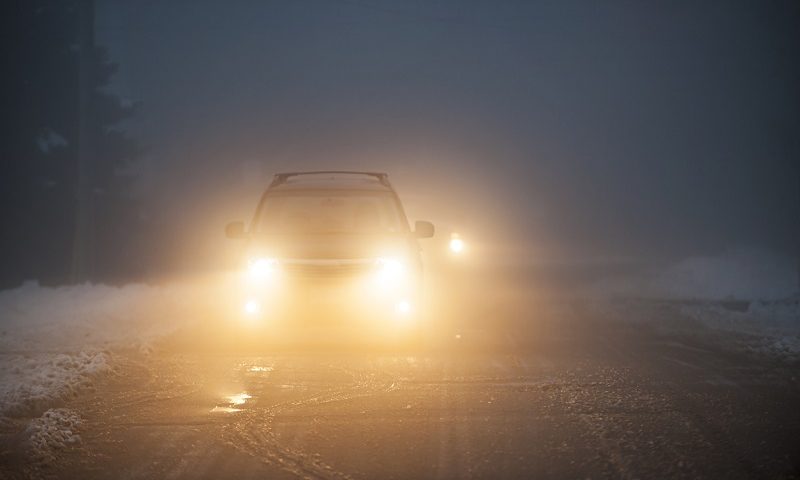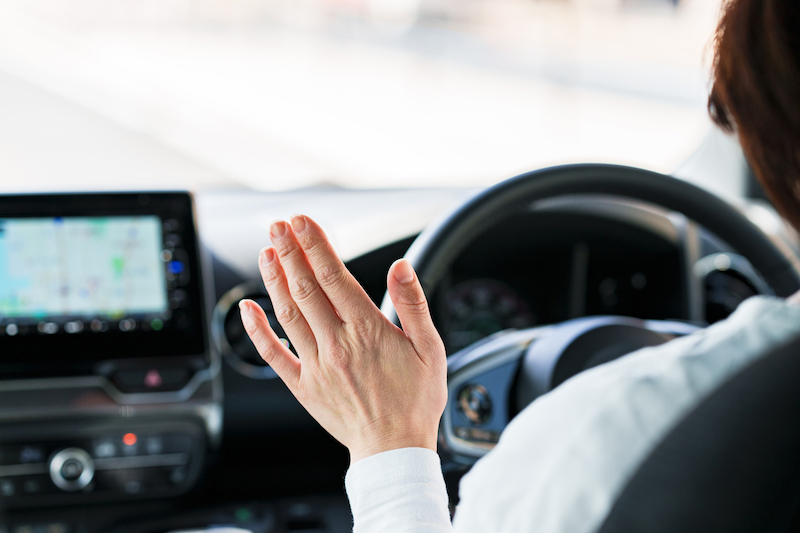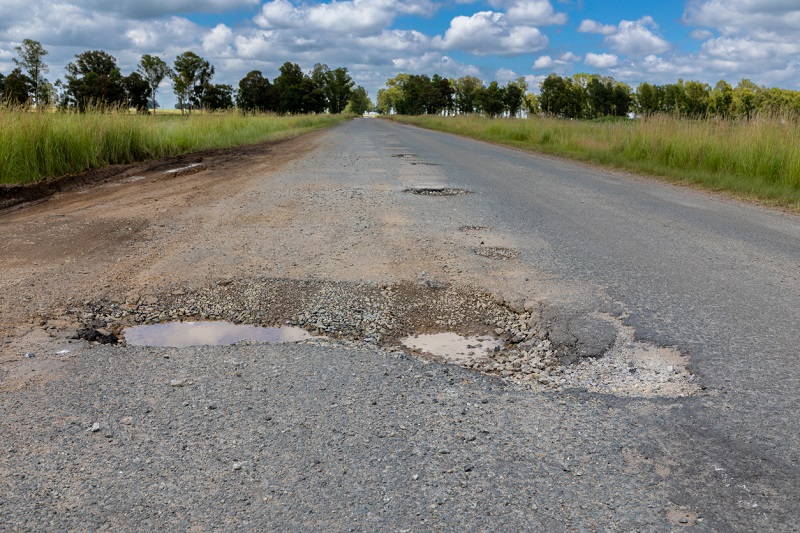Drivers face £1,000 fine for not following lights rule during bad weather

Welcome to Britain, where the winter days are short, dark, and cold.
Driving during this time can be a challenge for many. The dark presents great risk to drivers, so failure to comply with certain headlight rules could land you with a £1,000 fine.
Daytime running lights vs headlights
Your car is probably fitted with daytime running lights (DRLs), which switch on automatically when the vehicle starts. In bad weather conditions, these lights are not useful as they aren’t bright enough to illuminate the road ahead.
This means you’ll need to use headlights in bad weather conditions in order to stay safe. According to rule 226 of the Highway Code, motorists “must use headlights when visibility is seriously reduced, generally when you cannot see for more than 100 metres.”
Failing to use your lights in dark or dangerous conditions could result in a fine of £1,000 and even a 12-month ban in severe cases.
Graham Conway, of Select Car Leasing, said: “DRLs have been helping to improve road safety for more than a decade now. But I’d urge motorists to understand precisely how they work and what job they’re supposed to do.
“We’ve heard countless reports of people failing to illuminate their headlights and taillights while driving in poor visibility in recent weeks, and there’s a fear motorists might mistakenly believe that their DRLs are sufficient in those sorts of conditions. They’re not.”
Protecting all road users
When speaking to Somerset Live, Dominic Smith, director at Patterson Law, the UK’s largest road traffic offence specialist, said: “The requirement in law is for every vehicle to have working headlamps, rear lamps, registration plates lamps and side marker lamps.
“All such lamps must be unobscured and lit during the hours of darkness and during seriously reduced visibility.
“Hours of darkness are defined as between sunset and sunrise. ‘Seriously reduced visibility’ is not defined, but would be a question of fact. Examples could include fog, snow, heavy rain or spray conditions and badly overcast weather, just to name a few.
“Failure to have working lamps or failure to illuminate lamps during such conditions would be an offence which would carry a fine of up to £1000. This would include cases where front lamps are illuminated but the rear ones are not.”
Do you worry about driving at night? Check out our five top tips for driving in the dark.



1 Comment
We need a government advertising campaign as I think the majority of people are not aware at all that they have no rear lights on at all if only driving on running lights. Every day, I see especially black cars in bad weather with no lights on at all.
Our police should be fining drivers for not using headlights in bad weather conditions,